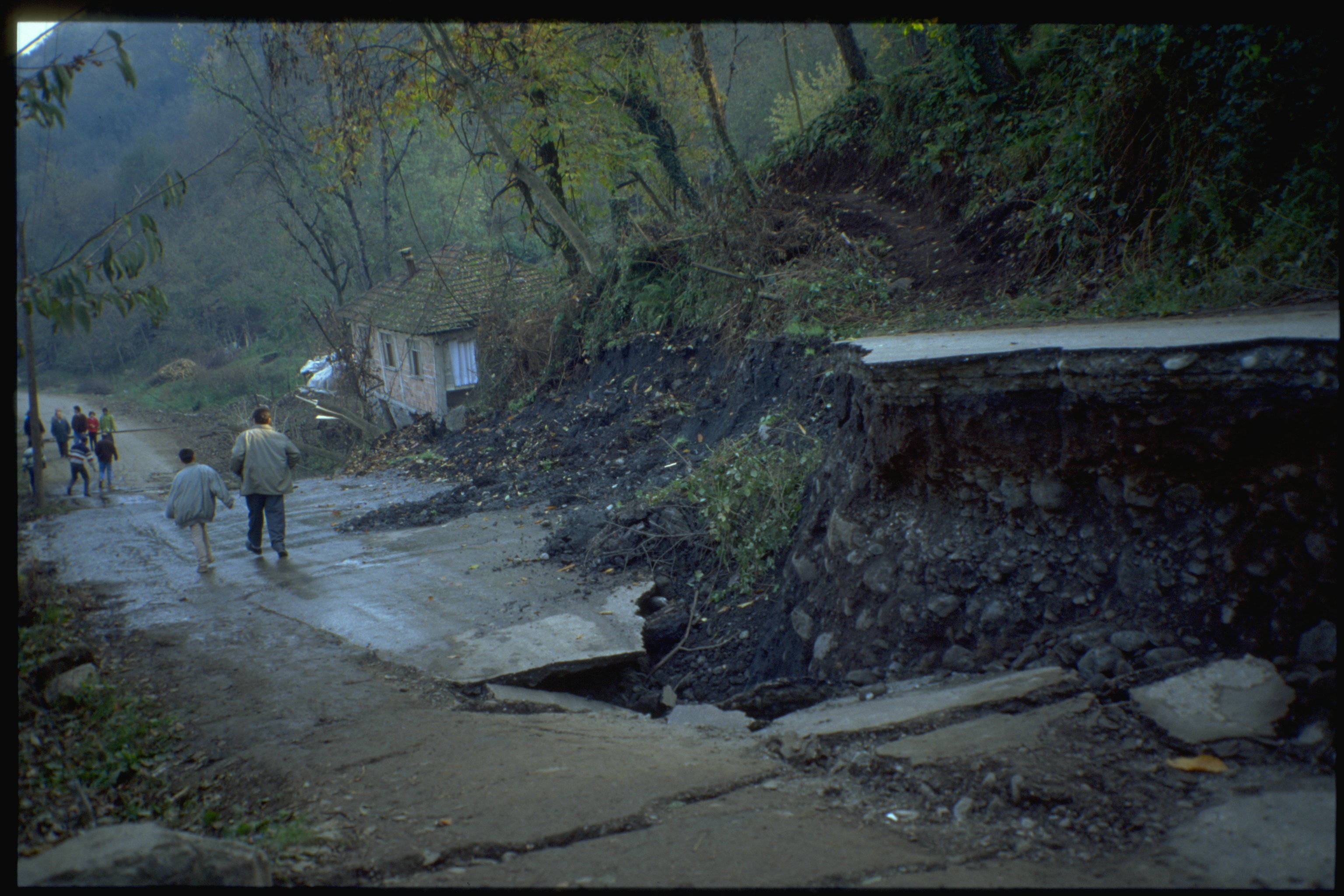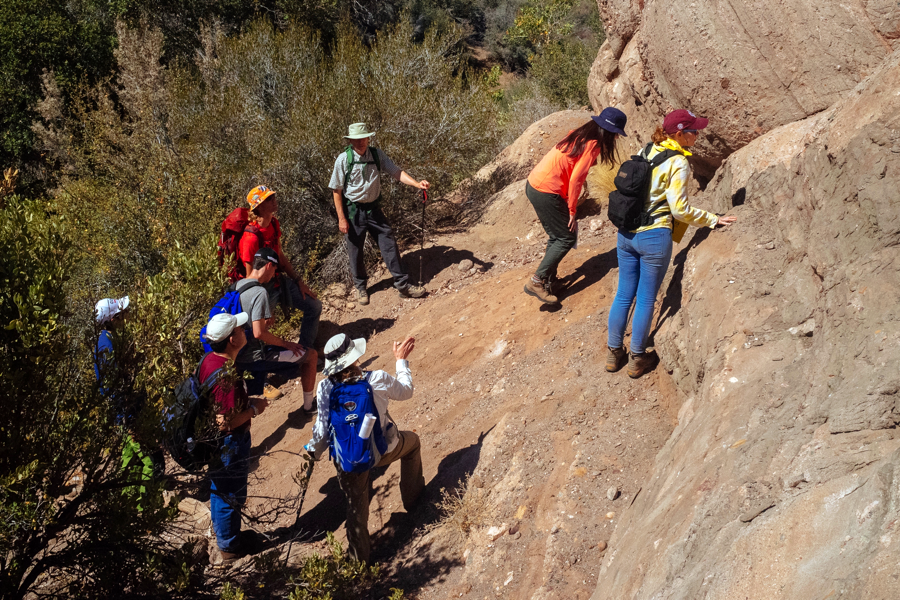All Categories
Featured
Table of Contents
Geophysical Methods in Glendalough WA 2023

(PREM)., and the boundaries between layers of the mantle are constant with stage transitions.

This makes plate tectonics possible. Schematic of Earth's magnetosphere. The solar wind circulations from delegated right. If a planet's electromagnetic field is strong enough, its interaction with the solar wind forms a magnetosphere. Early space probes drawn up the gross dimensions of the Earth's electromagnetic field, which extends about 10 Earth radii towards the Sun.
Inside the magnetosphere, there are reasonably dense areas of solar wind particles called the Van Allen radiation belts. Geophysical measurements are usually at a particular time and place. Accurate measurements of position, along with earth contortion and gravity, are the province of geodesy. While geodesy and geophysics are separate fields, the 2 are so carefully connected that lots of clinical companies such as the American Geophysical Union, the Canadian Geophysical Union and the International Union of Geodesy and Geophysics encompass both.
Geophysical Method - An Overview in Claremont Australia 2023
A three-dimensional position is computed using messages from 4 or more noticeable satellites and described the 1980 Geodetic Referral System. An option, optical astronomy, integrates huge coordinates and the local gravity vector to get geodetic coordinates. This technique just supplies the position in 2 coordinates and is harder to use than GPS.
Relative positions of 2 or more points can be figured out using very-long-baseline interferometry. Gravity measurements entered into geodesy due to the fact that they were needed to related measurements at the surface area of the Earth to the reference coordinate system. Gravity measurements on land can be used gravimeters deployed either on the surface or in helicopter flyovers.
Satellites in area have made it possible to collect information from not just the noticeable light area, but in other areas of the electromagnetic spectrum. The planets can be defined by their force fields: gravity and their magnetic fields, which are studied through geophysics and space physics. Determining the changes in acceleration experienced by spacecraft as they orbit has actually permitted great details of the gravity fields of the worlds to be mapped.
Services Geophysical in Shoalwater WA 2020

Given that geophysics is worried about the shape of the Earth, and by extension the mapping of functions around and in the world, geophysical measurements consist of high accuracy GPS measurements. These measurements are processed to increase their precision through differential GPS processing. Once the geophysical measurements have been processed and inverted, the analyzed outcomes are outlined utilizing GIS.
Lots of geophysics business have actually created in-house geophysics programs that pre-date Arc, GIS and Geo, Soft in order to meet the visualization requirements of a geophysical dataset. Exploration geophysics is applied geophysics that typically uses remote sensing platforms such as; satellites, aircraft, ships, boats, rovers, drones, borehole picking up devices, and seismic receivers.
Aeromagnetic information (aircraft collected magnetic data) gathered using standard fixed-wing airplane platforms need to be remedied for electro-magnetic eddy currents that are produced as the airplane moves through Earth's magnetic field. There are also corrections connected to changes in measured potential field strength as the Earth rotates, as the Earth orbits the Sun, and as the moon orbits the Earth.
Geophysical Survey Permit Program in Cardup Aus 2023
Signal processing involves the correction of time-series data for undesirable noise or errors introduced by the measurement platform, such as airplane vibrations in gravity information. It also includes the decrease of sources of noise, such as diurnal corrections in magnetic information. In seismic information, electromagnetic data, and gravity data, processing continues after error corrections to include computational geophysics which lead to the last interpretation of the geophysical data into a geological analysis of the geophysical measurements Geophysics became a different discipline just in the 19th century, from the crossway of physical geography, geology, astronomy, meteorology, and physics.
The magnetic compass existed in China back as far as the fourth century BC. It was used as much for feng shui as for navigation on land. It was not until excellent steel needles could be forged that compasses were used for navigation at sea; before that, they could not keep their magnetism enough time to be useful.
By looking at which of 8 toads had the ball, one might determine the direction of the earthquake. It was 1571 years prior to the very first design for a seismoscope was released in Europe, by Jean de la Hautefeuille. It was never ever constructed. One of the publications that marked the beginning of modern science was William Gilbert's (1600 ), a report of a series of meticulous experiments in magnetism.
What Can I Do With A Major In Geophysics? in Greenwood Aus 2021
Dietmar; Sdrolias, Maria; Gaina, Carmen; Roest, Walter R. (April 2008). "Age, spreading out rates, and spreading asymmetry of the world's ocean crust". Geochemistry, Geophysics, Geosystems. 9 (4 ): Q04006. Bibcode:2008 GGG ... 9. 4006M. doi:10. 1029/2007GC001743. S2CID 15960331. "Earth's Inconstant Magnetic Field". science@nasa. National Aeronautics and Space Administration. 29 December 2003. Obtained 13 November 2018.
Runcorn, S.K, (editor-in-chief), 1967, International dictionary of geophysics:. Pergamon, Oxford, 2 volumes, 1,728 pp., 730 fig Geophysics, 1970, Encyclopaedia Britannica, Vol. Introduction to seismology (2nd ed.).
Latest Posts
What Should I Do To Be A Geophysicist? in Subiaco WA 2022
Geophysicist - Jobs And Skills Wa in Midland Western Australia 2023
Career Guide: Geophysicist in Tapping Aus 2022